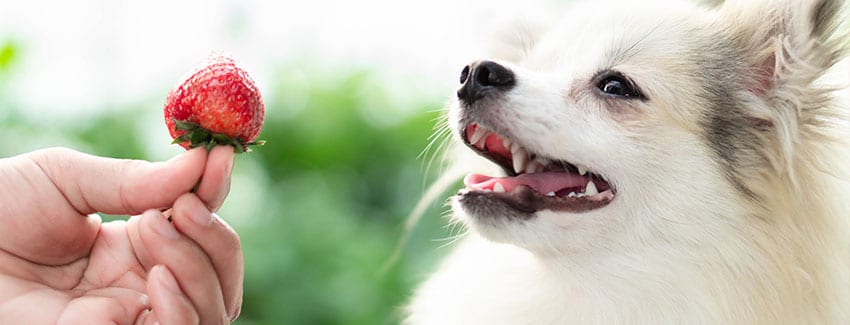
Sure, nootropics or supplements and products that promote cognitive health are getting a lot of attention at the moment in the news and otherwise. People want to find an edge or keep their mental focus, and also to prevent age-related cognitive decline, so this area of research and product development is a hotbed of activity. But how does this relate to pets?
We’re beginning to see some crossover in the area of cognitive health research and product development from humans to pets. It’s not surprising really because so many other mainstream trends have migrated from people to their pets and pet foods from clean label to gluten free, so why not brain health? Our pets or companion animals are an integral part of family life and so we want the same benefits for them as we do for ourselves and the rest of the family. As pets get older, they can experience some of the same types of age-related health problems as humans.
Better nutrition and veterinary care have extended the average lifespan of companion animals. Just think – current estimates suggest there are more than 52 million senior or geriatric dogs in the U.S. today or dogs more than seven-years-old. That’s a lot of senior canines. And just as scientists are studying the effects of aging on humans, researchers are gathering information about senior animals as well.
City life stresses
Interestingly researchers are uncovering that some age-related health issues in companion animals can be related to oxidative stress. Oxidative stress is triggered when an animal’s body doesn’t have enough antioxidants to neutralize free radicals. This excess of free radicals can lead to cell and/or tissue damage and is related to chronic conditions, such as cancer, diabetes and heart disease to name a few.
The body produces free radicals during its normal metabolic processes. However, several factors can exacerbate oxidative stress by stimulating excess production of free radicals. These factors can include diet, lifestyle, physical injury or environmental conditions like pollution, noise and crowds. Now that so many pets live in urban areas, oxidative stress is emerging as a chronic issue.
Clearly part of the solution for combatting oxidative stress is to find an antidote. Antioxidants, sourced from certain fruits and vegetables, can be that antidote. They can be added to the diet to help neutralize free radicals. Antioxidants supply multiple health benefits, including but not limited to anti-inflammatory effects, positive impacts on immunity, retinal responses and physiological changes in the brain.
The addition of antioxidant-containing ingredients to kibble or in pet treats can be an effective means of supplementing a pet’s diet to effectively counter oxidative stress. Find out more about leveraging the antioxidant properties of fruit and vegetables in our latest white paper, Combating Oxidative Stress in Companion Animals. Or reach out to me to learn about some of our formulation ideas for mix-ins and pet treats.
Join us October 15-17 at the PetFood R&D Showcase at Kansas State University where we are hosting a break-out session. This hands-on session will give attendees an opportunity to create pet treats that are high in antioxidants. We will discuss the findings in our latest white paper on oxidative stress and how food formulations can help.




